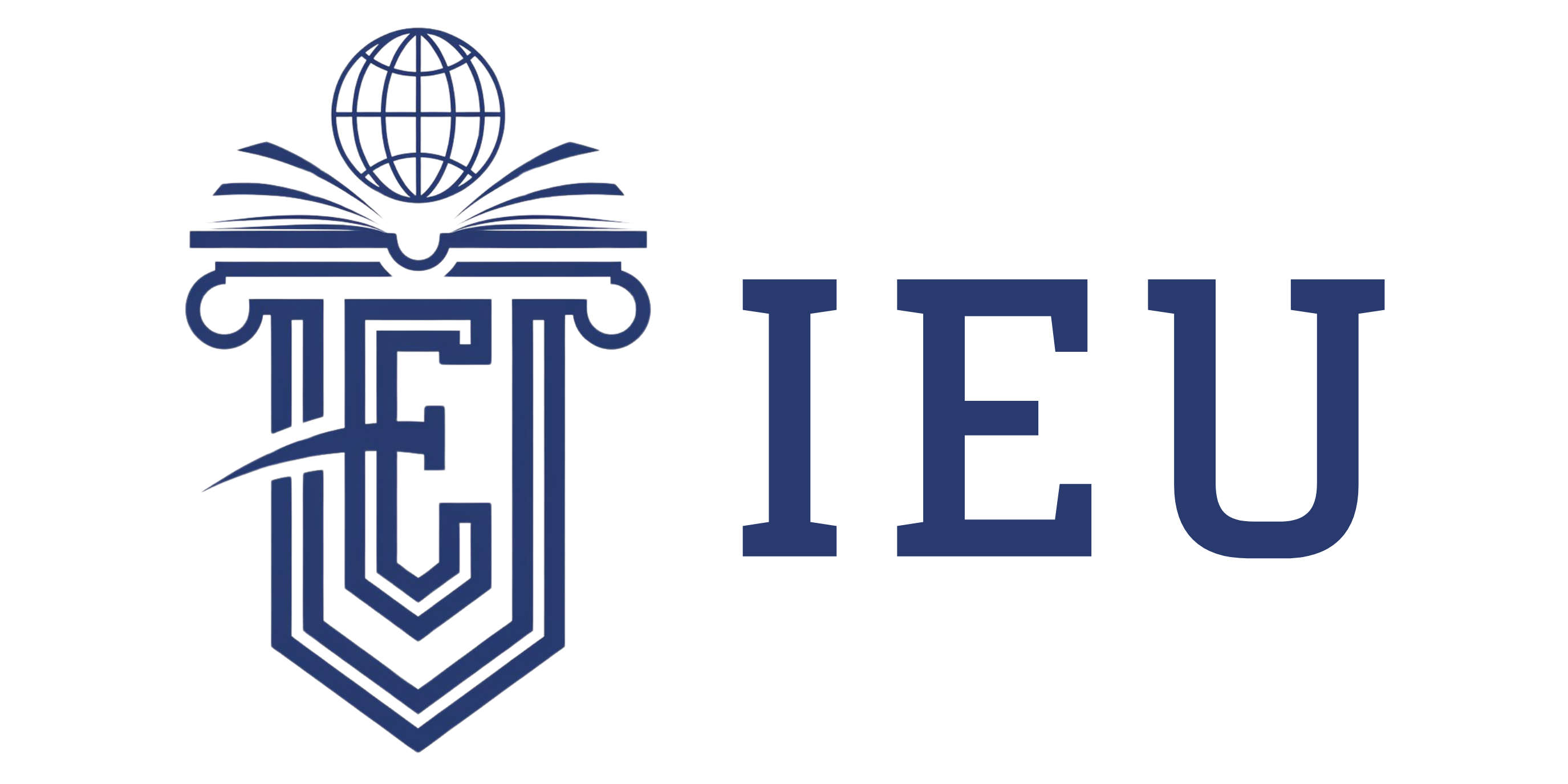Information Technology: The Future World
Information technology (IT) is a broad concept encompassing a wide range of technologies including computers, software, networks, communication technologies, databases, and other information processing tools. It refers to the collection, processing, storage, communication, and sharing of information using various technological components and systems.
IT includes a variety of disciplines that use and develop information and communication technologies. These disciplines include computer science, software engineering, computer engineering, data science, information systems, network engineering, and information security, among other technology-focused fields.
Today, information technologies are used in many sectors, from business to education, healthcare to communication. Computers and communication technologies not only enhance efficiency but also facilitate innovation by simplifying business processes.
Information technologies encompass the technologies that enable the collection, processing, storage, communication, and sharing of information. These technologies include hardware, software, networks, and communication tools. Here are the main components of information technologies:
- Computers: Hardware devices such as personal computers, laptops, servers, and supercomputers.
- Software: Computer programs and applications, operating systems, office software, database management software, and games.
- Network Technologies: Networks that enable computers to connect and communicate, including wired and wireless networks, routers, switches, and other network devices.
- Database Management Systems (DBMS): Systems that organize, share, and access data (MySQL, Microsoft SQL Server, Oracle Database).
- Information Security and Encryption: Technologies used to secure data, including firewalls, antivirus programs, encryption software.
- Web Technologies: Technologies used for the distribution of websites and web applications (HTML, CSS, JavaScript, web servers).
- Mobile Technologies: Mobile platforms, including smartphones, tablets, and other mobile devices, mobile application development, and mobile operating systems.
- Big Data and Data Analytics: Technologies used to analyze large amounts of data, data mining, analytics tools, and artificial intelligence.
- Internet of Things (IoT): Technologies that enable physical devices to communicate over the internet.
- Artificial Intelligence and Machine Learning: Technologies that enable computers to learn.
- Cloud Computing: Cloud-based infrastructures that provide access to computing resources and services over the internet.
International Elite University aims to serve the developments in information and communication technologies, training competent individuals and professionals in this field. By identifying the requirements of the modern era, we continuously update our educational opportunities to benefit our students. By joining International Elite University, you can receive an education suited to today’s professionalism and have the opportunity to provide services in research, education, and consultancy.
